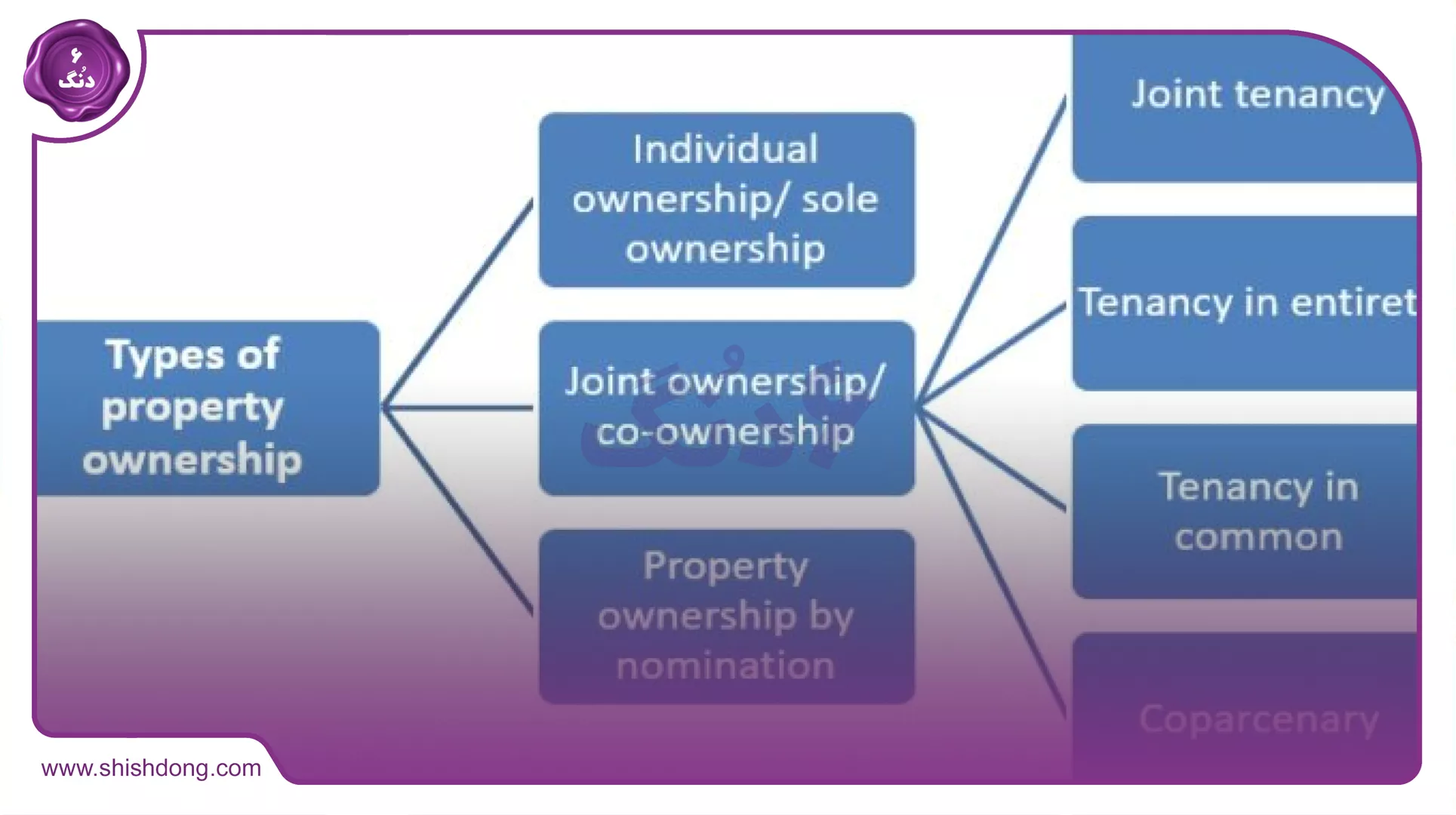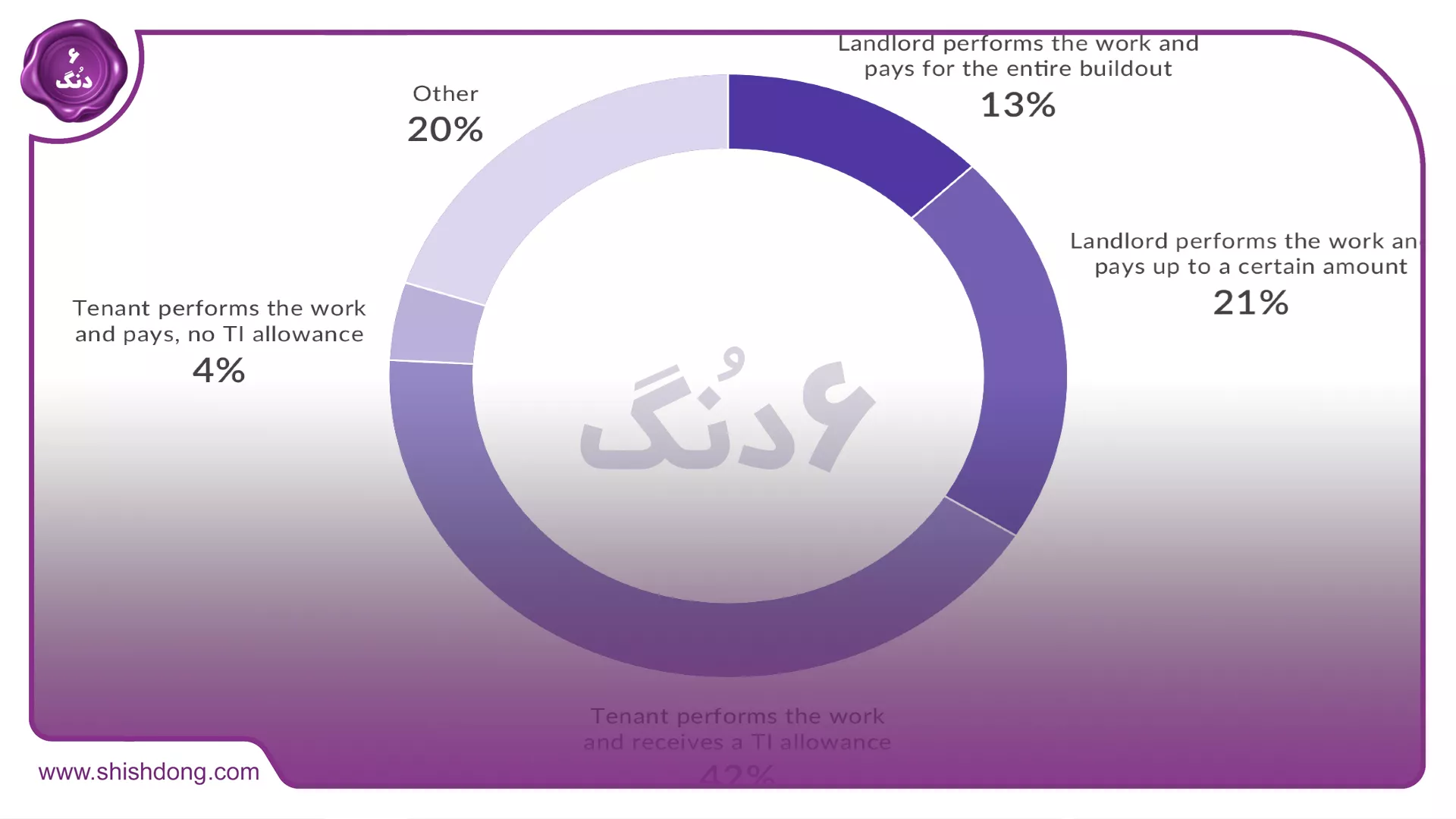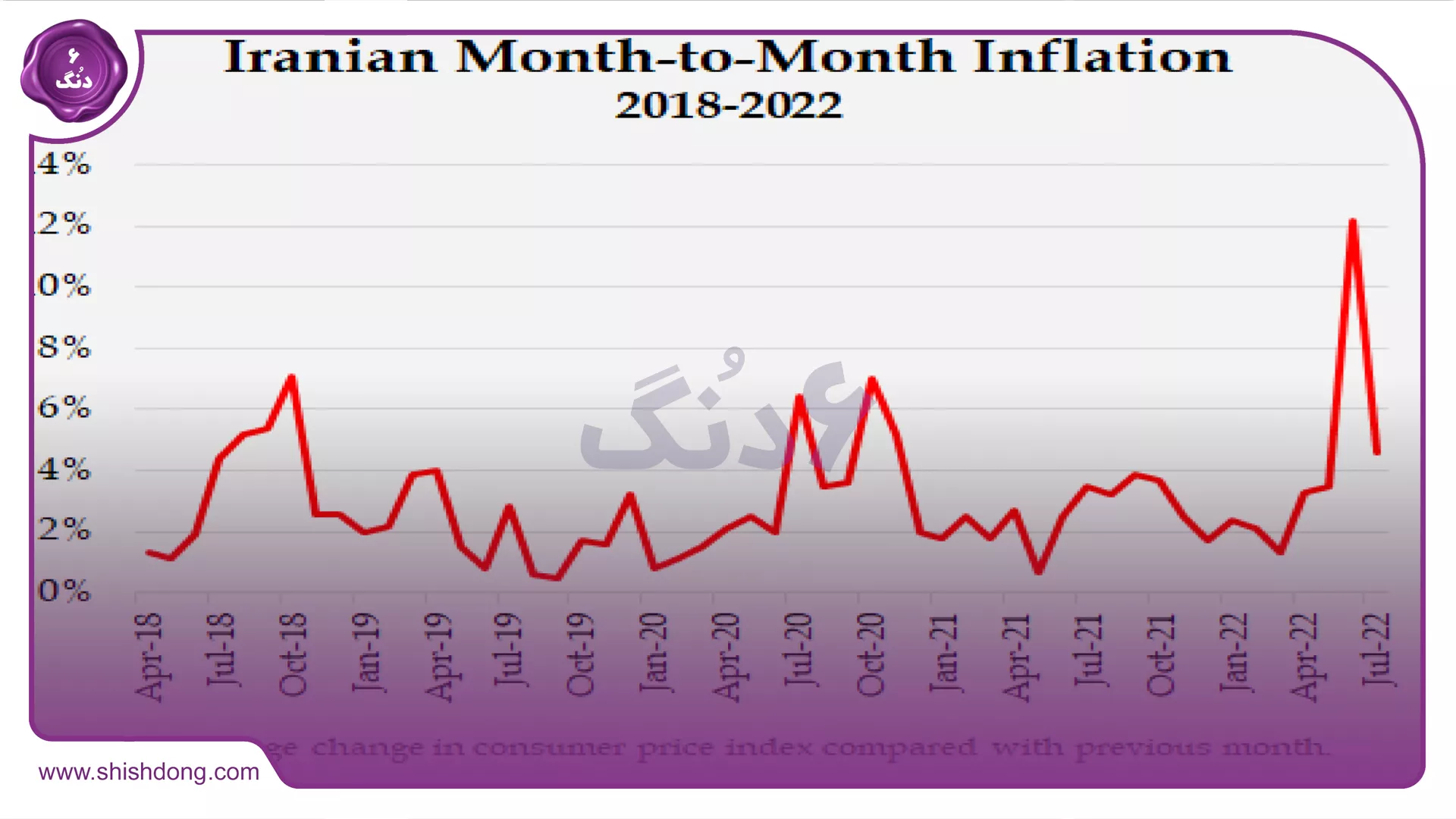Property
Property refers to any physical or tangible item that is owned by an individual, group or organization. In the context of renting, property typically refers to real estate or land that is owned by a landlord and leased or rented to tenants for residential or commercial purposes.
Property
Property refers to any physical or tangible item that is owned by an individual, group or organization. In the context of renting, property typically refers to real estate or land that is owned by a landlord and leased or rented to tenants for residential or commercial purposes.
Rental properties can include various types of dwellings such as apartments, houses, condominiums, townhouses or commercial spaces like offices, retail stores or industrial buildings. The rights and responsibilities associated with rental properties are governed by landlord-tenant laws, lease agreements and local regulations.
Click to view Gazimağusa real estate ads
For landlords, property ownership involves responsibilities such as maintaining the property, addressing repair needs, collecting rent and ensuring compliance with legal requirements. Tenants on the other hand have the right to use and occupy the property according to the terms of the lease agreement and are responsible for paying rent, keeping the property in good condition and adhering to the terms of the lease.
Ownership of property is typically established through legal mechanisms such as deeds, titles or leases. Property rights encompass a range of legal protections including the right to possess, use, sell, transfer or lease the property. These rights are subject to local laws and regulations to ensure fairness, protect the interests of both landlords and tenants and maintain the overall integrity of the rental market.
1. Types of Property Ownership
Property can be owned individually or jointly by individuals, corporations or other legal entities. Individual ownership is commonly referred to as sole ownership while joint ownership can take the form of co-ownership such as joint tenancy or tenancy in common. Each type of ownership carries specific rights and responsibilities.
Click to view Gazimağusa real estate ads
2. Lease Agreements
When renting a property, landlords and tenants typically enter into a lease agreement that outlines the terms and conditions of the rental arrangement. Lease agreements specify important details such as the duration of the lease, the amount of rent, payment schedules, responsibilities for maintenance and repairs, rules regarding pets and other provisions that govern the landlord-tenant relationship.
3. Rental Market Dynamics
The rental market is influenced by various factors including supply and demand, economic conditions, population growth and local housing policies. Rental prices can fluctuate based on market conditions, location, property features and the overall demand for rental housing in a given area.
4. Property Management
Some landlords choose to hire property management companies to handle the day-to-day operations of their rental properties. Property management firms are responsible for tasks such as advertising vacancies, screening tenants, collecting rent, handling maintenance requests and ensuring compliance with local regulations. Property management services can help landlords streamline their operations and provide professional assistance in managing their rental properties.
5. Eviction Process
In situations where tenants fail to meet their obligations under the lease agreement, landlords may need to initiate the eviction process. Evictions typically involve legal procedures and require landlords to obtain a court order to regain possession of the property. The specific eviction process and timeline can vary depending on local laws and regulations.
Click to view Gazimağusa real estate ads
6. Property Taxes
Property owners are generally responsible for paying property taxes to the relevant government authority. Property tax rates are determined based on the assessed value of the property and are used to fund local government services and infrastructure.
7. Property Insurance
Property owners typically carry property insurance to protect their investment and mitigate risks. Property insurance policies can cover damage to the property caused by events such as fire, natural disasters, theft or vandalism. Landlords may also require tenants to obtain renters' insurance to protect their personal belongings and provide liability coverage.
8. Property Maintenance
Landlords have a legal responsibility to maintain their rental properties in a habitable condition. This includes ensuring that the property meets basic health and safety standards, addressing necessary repairs and providing essential services such as electricity, heating, and water. Regular property maintenance helps protect the well-being of tenants and preserves the value of the property.
9. Property Inspections
Landlords may conduct periodic inspections of rental properties to assess their condition, identify necessary repairs and ensure that tenants are complying with lease agreements. These inspections are typically conducted with proper notice to the tenant and at reasonable intervals as specified by local laws.
10. Rental Market Regulations
In some areas rental markets may be subject to specific regulations aimed at promoting fairness, affordability and protection of tenant rights. These regulations can include rent control measures, limits on rent increases, requirements for habitability standards, anti-discrimination laws and restrictions on eviction practices. These regulations vary widely by jurisdiction and can significantly impact the rental market dynamics.
Click to view Gazimağusa real estate ads
11. Rent Payment Methods
Rent payment methods can vary but common options include checks, bank transfers, online payment platforms or direct debit arrangements. Some landlords may also accept cash payments, although it is generally recommended to have a clear record of rent payments for both the landlord's and tenant's protection.
12. Rental Applications
Landlords often require prospective tenants to complete rental applications, providing information about their employment, income, rental history and references. Rental applications help landlords screen potential tenants and make informed decisions about lease agreements. Landlords must comply with fair housing laws to ensure that rental application processes are not discriminatory.
13. Tenant Responsibilities
Tenants have certain responsibilities outlined in their lease agreements. These typically include paying rent on time, notifying the landlord of maintenance issues promptly, keeping the property clean and in good condition and adhering to any rules or restrictions specified in the lease. Failure to fulfill these responsibilities may result in lease violations or potential eviction.
14. Property Disputes
Disputes between landlords and tenants can arise over various issues such as lease violations, maintenance problems, rent increases, security deposit disputes or eviction proceedings. When conflicts occur, it is often recommended to seek resolution through open communication, negotiation or mediation. In some cases legal action may be necessary to resolve the dispute.
15. Security Deposits
Landlords often require tenants to provide a security deposit before moving into a rental property. The security deposit is intended to cover any unpaid rent or damages beyond normal wear and tear at the end of the tenancy. Laws typically govern how security deposits should be handled, including requirements for deposit limits, documentation and procedures for returning the deposit to the tenant.
Click to view Gazimağusa real estate ads
16. Lease Renewals and Terminations
At the end of a lease term, landlords and tenants have the option to renew the lease for another term or terminate the tenancy. Lease renewal terms including rent increases are typically negotiated between the landlord and tenant. If either party wishes to terminate the lease, local laws usually dictate the required notice period that must be given to the other party.
17. Landlord's Right of Entry
Landlords generally have the right to enter a rental property for specific reasons such as making repairs, conducting inspections or showing the property to prospective tenants or buyers. However laws typically require landlords to provide proper notice to tenants before entering the premises except in cases of emergencies.
18. Fair Housing Laws
Fair housing laws aim to prevent discrimination in the rental market based on characteristics such as race, color, national origin, religion, sex, familial status, disability or other protected categories. Landlords must adhere to these laws when advertising vacancies, screening tenants, setting rental criteria and making rental decisions.
19. Rent Control
Rent control refers to policies that limit the amount landlords can increase rent on rental properties. These policies are implemented in some areas to help stabilize housing costs and protect tenants from excessive rent hikes. Rent control regulations vary widely and not all jurisdictions have rent control laws in place.
Click to view Gazimağusa real estate ads
20. Rental Property Taxes
Rental property owners are typically required to pay property taxes on their rental units. Property tax rates and regulations vary depending on the location and can be influenced by factors such as property value, local tax policies and exemptions or deductions available to landlords.
21. Rental Market Trends
The rental market is subject to various trends and influences that can impact availability, rental prices and tenant demand. Factors such as population growth, economic conditions, changes in housing preferences and local development can affect rental market dynamics. Staying informed about market trends can help landlords and tenants make informed decisions.
22. Lease Renewal and Rent Increases
When a lease term is coming to an end, landlords and tenants have the option to renew the lease for another term. If both parties agree to renew, they can negotiate new lease terms, including potential rent increases. Rent increases are typically subject to local laws which may impose restrictions on the amount and frequency of rent hikes.
23. Subleasing
In some cases, tenants may have the option to sublease their rental unit to another individual. Subleasing occurs when a tenant rents out all or part of the property to someone else, known as the subtenant. The rights and responsibilities of subleasing are usually outlined in the original lease agreement and must comply with local laws.
24. Property Upgrades and Improvements
Landlords may choose to make upgrades or improvements to their rental properties to attract tenants, increase rental value or comply with building codes and regulations. These upgrades can include renovations, appliance replacements, energy-efficient improvements or aesthetic enhancements. However landlords must typically follow local laws and regulations regarding necessary permits, safety standards and tenant notification.
25. Vacancy Rates
Vacancy rates refer to the percentage of rental units that are unoccupied in a given area. High vacancy rates can indicate an oversupply of rental properties which may lead to increased competition among landlords and potentially lower rental prices. Low vacancy rates on the other hand suggest a high demand for rental housing which can drive up rental prices.
Click to view Gazimağusa real estate ads
26. Eviction Procedures
In situations where tenants fail to fulfill their obligations under the lease agreement, landlords may need to initiate eviction proceedings. Evictions generally require following legal procedures including providing proper notice to the tenant, filing eviction paperwork with the appropriate court and attending a hearing. The specific eviction process and timeline can vary depending on local laws and regulations.
27. Property Value Appreciation
Property values can fluctuate over time due to various factors including changes in the local housing market, economic conditions and neighborhood developments. Property owners can benefit from property value appreciation as it can increase their equity and potential returns on investment. However property values can also experience declines particularly during economic downturns or when market conditions change.
28. Tenant Rights and Protections
Tenants have specific rights and protections under the law which can vary depending on the jurisdiction. These rights typically include the right to a habitable living environment, privacy, freedom from discrimination and the ability to assert their rights without retaliation. Tenants may also have the right to request repairs, withhold rent in certain circumstances or terminate the lease early in cases of significant breaches by the landlord.
It's important to note that property laws, rental market dynamics, and tenant protections can vary significantly between jurisdictions. Local laws and regulations should be consulted for specific guidance and requirements, and seeking professional advice from attorneys or real estate experts can provide further clarity on property-related matters.
Click to view Gazimağusa real estate ads






























